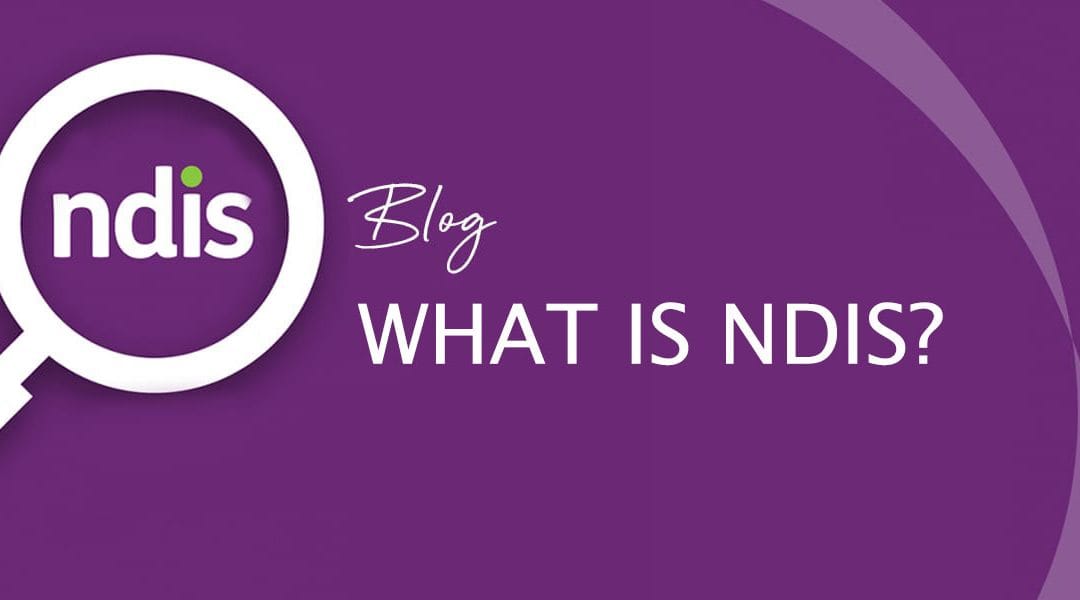
What is the NDIS?
NDIS stands for National Disability Insurance Scheme. It is being introduced across all states and territories of Australia. The NDIS will provide support to people with physical, intellectual, sensory, cognitive, and psycho-social disabilities.
Around 4.3 million Australians have a disability. Within the next five years, The NDIS will help an estimated 500,000 Australians by providing $22 billion in funding each year. These 0.5 million people will be those who have a permanent and significant disability.
For many disabled people, it will be the first time they receive disability support. It will mean a lot to them.
The NDIS can provide disabled people with information regarding the services they can avail or join such as health facilities, support groups, sporting clubs, libraries, and schools.
Moreover, the National Disability Insurance Scheme will also provide information as to what support is provided by each state and territory government.
The NDIS is run by the National Disability Insurance Agency (NDIA).
What is meant by Permanent and Significant Disability?
A permanent disability means a disability that will stay for the rest of their life. A significant disability means a disability that severely limits a person’s ability to complete everyday activities.
Is the NDIS a welfare system?
It is not a welfare system. The NDIS is aimed at supporting disabled people so that their skills and ability improve over time.
The NDIS is providing great service to Australians. If your child is born with or acquires a permanent and significant disability, they will get the much-needed support.
Who is Eligible for the NDIS?
- People aged between 7 and 65.
- Australian citizens/Permanent Visa Holders/ Permanent Visa Holders/ Protected Special Category Visa Holders and you need to be living in Australia.
- People who usually need support from a person because of a permanent and significant disability.
- People who use special equipment because of a permanent and significant disability.
- People who need some supports now to reduce future needs.
Supports and Services Delivered under the NDIS
- Assistance with Social and Community Participation
- Assistive Technology
- Home Modifications
- Coordination of Supports
- Assistance with Daily Life
- Transport
- Consumables
- Improved Living Arrangements
How is the NDIS funded?
The NDIS is jointly funded by the Australian, state, and territory governments and is partially funded by money raised by an increase in the Medicare levy.
How NDIS benefits Parents of Children with Disability?
Parents of children with disabilities talk about how the NDIS works and what the transition to the NDIS has meant for them. They say it gives families more choice, more control, and a more personalized plan for therapies. They say it’s comforting to know funding will be available throughout a child’s life.
This is what a parent had to say about NDIS: “The best thing about NDIS is that comfort as a parent, knowing that the monetary part is taken care of and knowing that the service does not stop; it’s there next year.”
Encouraging words of another parent about NDIS: “I think one of the most positive things about the NDIS is that it is a system that grows with your child. As your child’s needs change, the NDIS program will change accordingly.”
“There is such a relief as parents of a child with an additional need, to know that their disability needs will always be met within the NDIS system”, said a parent.
Early Intervention and the NDIS
Early intervention means doing things as soon as possible to work on your child’s developmental and support needs.
Early intervention is the best way to support the development and wellbeing of children with a disability or developmental delay. It can help children develop the skills they need in their everyday life.
Sometimes, children who get early intervention might not need long-term support.
Recent Comments